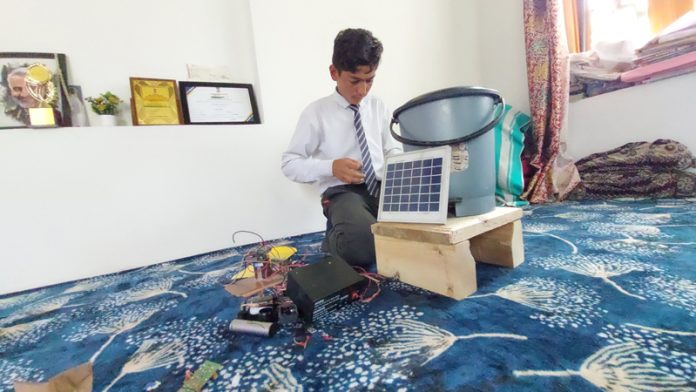
By Choe Chong-dae It is encouraging to learn that the Korean archery team achieved a remarkable record at the Paris Olympics. Bows and arrows have been essential tools for survival throughout Korean history, evolving into symbols of strength and skill. They reached their zenith as weapons during Korea's Three Kingdoms Period (57 B.
C.–A.D.

668). This deep-rooted tradition underscores the significance of the bow and the values of patriotism and loyalty, exemplified by the tale of Gu Jin-cheon, a master bow-maker during the reign of King Munmu of the Silla dynasty. In 669 A.
D., during King Munmu's rule over Unified Silla, a Tang Dynasty envoy arrived in the kingdom. Later, during the Joseon Dynasty (1392–1910), archery became both the most popular sport and a widely used weapon, transcending social hierarchies.
The envoy's visit occurred after Silla had depended on Tang's military support to unify Goguryeo and Baekje, which fostered a growing sense of arrogance by the Chinese dynasty. Before his departure, the envoy noticed a remarkable bow among the tributary gifts, capable of shooting arrows as far as 1,000 steps. Greedy for this marvel, the envoy demanded that Silla send its renowned craftsman, Maestro Gu Jin-cheon, to China.
At the time, Silla was not in a position to confront Tang China militarily, so they reluctantly complied with the demand and sent Gu to the empire. Arriving in China, Gu impressed Emperor Taizong, who provided him with excellent materials to craft another bow. However, the newly fashioned bow by Gu could only shoot an arrow 30 steps.
When questioned, Gu attributed the discrepancy to the inferior materials provided. Determined to improve the bow's performance, the emperor requested high quality materials specifically from Silla. Yet, even with these superior materials, the bow could only reach 60 steps.
Gu explained that the humidity during shipment and the voyage from Silla to Tang had affected the materials, though it was evident he was guarding a confidential technique. When Emperor Gaozong (who succeeded Emperor Taizong) demanded Gu reveal his bow-making secrets under threat of severe punishment, the craftsman chose death over betrayal, fearing that his advanced technology could endanger his homeland. This act of profound patriotism illustrates the importance of safeguarding national secrets and the depth of loyalty to one’s country.
In contrast, some contemporary Korean experts, after gaining fame through cutting-edge technology, choose otherwise. While departing due to a lack of opportunities is understandable, it becomes condemnable when such actions directly harm the nation. It is akin to abandoning one’s mother; despite any neglect, loyalty to one's homeland should remain steadfast.
Patriotism and loyalty are values that transcend time and space. Gu's tale is a powerful reminder of the impact individuals can have on their nation's well-being. Today’s experts and innovators should draw inspiration from Gu's unwavering dedication.
Even in a globalized world, where opportunities abroad may be enticing, the security and prosperity of one’s homeland should remain paramount. It is regrettable to learn that suspicions have recently emerged about the potential transfer of sensitive and confidential information, including military secrets managed by the Ministry of National Defense, to foreign countries. This troubling development underscores the critical need for a strong sense of loyalty and responsibility in protecting our national interests.
Just as we cannot abandon our mothers, we must not forsake our motherland. Gu's legacy is not just a historical anecdote but a timeless lesson in patriotism and loyalty. It challenges us to reflect on the impact of our actions on our nation and to prioritize the greater good over personal gain.
The sacred spirit of Gu's sacrifice should inspire contemporary experts to remain loyal to their roots, ensuring that their talents contribute to the prosperity and security of their homeland. Choe Chong-dae ([email protected]) is a guest columnist of The Korea Times.
He is president of Dae-kwang International Co., and founding director of the Korean-Swedish Association..














